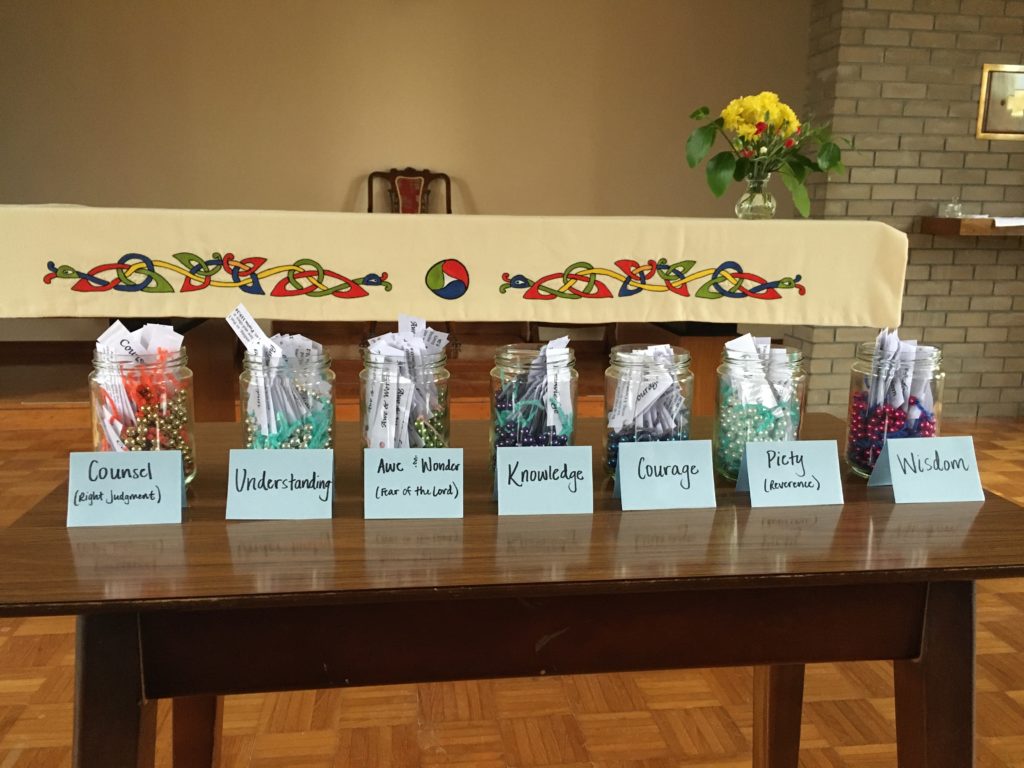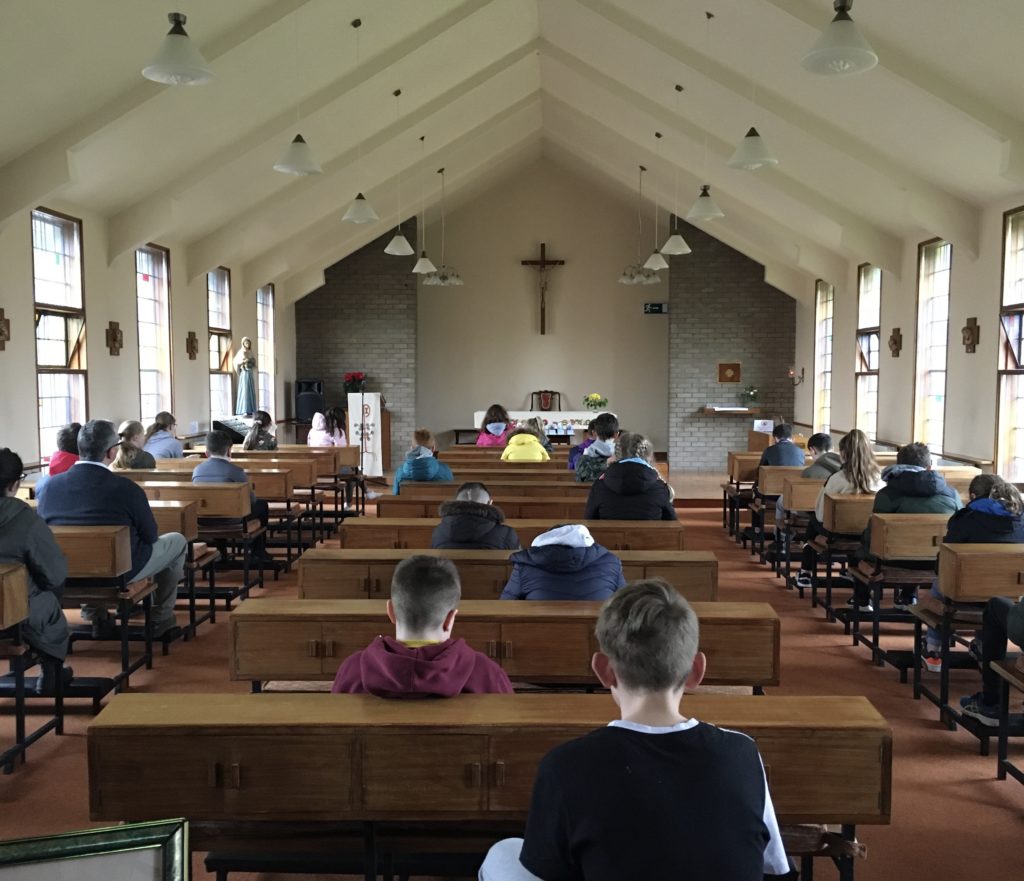I love adolescence. I mean, I hated it while I was in the midst of it (didn’t we all?). But now? I think it’s one of the most important and fascinating stages of life.
In college, I studied psychology—and I liked it so much, I’m planning to go to graduate school and study it for another 6 years. Human beings are fascinating. The human mind is fascinating! I think the questions raised in psychology are foundational for understanding our experience on earth: What factors in life shape us? Are our personalities fixed or fluid? How do our experiences impact the path we choose to follow? How do we discover, construct, and navigate changes to our identities?
This last question is one I’m particularly interested in. During adolescence, young people undergo a process called individuation. Essentially, this is the stage of development where they separate from their parents and families of origin—they start trying on new pieces of identity as they become their own person, deciding how much of their “sameness” to family members they want to keep and how much they want to discard. This is more widely known as the time of teenage rebellion—adolescents push away their relatives while in this state of changing identity, so that they can choose for themselves what’s important to them, what is central to their self-image, and what kind of person they want to become.
Over the past two days, Kati, Andrew, and I have been at Ballyvaloo Retreat Center with the 6th class students from Kennedy Park NS for their Confirmation Retreats. For these students, preparing for Confirmation has been about more than learning the step-by-step of the ceremony—this sacrament is really about taking a step towards maturity. It’s a time for the students to ask important questions about themselves: Who am I in relation to God? Do I desire a relationship with Jesus? How important is faith in my life?
It’s hard to get inside the minds of 12-year-olds. They don’t always let on what’s happening in their inner worlds, and they often hesitate to share even when asked. But for the past two days in small group discussions, the level of their intellect became very clear to me. The students asked big and very important questions—questions about the cause of suffering, disease, and natural disasters, about the existence of evil in the world, about whether or not something else created God. They wondered aloud how God could allow the existence of death, of cancer, of stillborn babies, questioning where God’s presence is in the midst of earthly pain. Many admitted that they don’t understand how God could know them by name and struggle to believe God cares about their hearts, given the 7 billion other people in the world. They voiced their questions, their doubts, their challenges with remaining close to the faith…..but, every student in my group also shared their desire to have a relationship with God.
The fact that these young people are asking such big questions is so important. They’re working to make sense of themselves, of the world, and of their Catholic faith. I remember that time in my life—I’m sure many of you do, too. I remember wanting answers to questions I didn’t even know how to ask. And now that I’m on the other side of the table, so to speak, I don’t always know how to answer the questions these students ask me. But it’s critical to validate them in their quest for understanding. They’re experiencing the growing pains of adolescence, and they’re beginning to individuate from their families. This is a turning point in their lives—they get to decide whether or not their faith is an important part of their identity. They get to decide whether or not they believe in God. They get to decide whether they’ll choose to be in relationship with Jesus, or passively fall away from a spiritual life. Their Confirmation is a step into Christian maturity, and I pray that they desire it.
As I was reminded over the past two days in Ballyvaloo, I will never be able to answer every question about faith & reason, about theology & science. But I can let the young adults know that Jesus loves them. That He does know them by name, and wants to be let into their hearts. They may not believe it right now, but through prayer and the grace of God, they might believe it someday. These bright, witty, kind young people are already asking the big questions—now, we can only trust that the gifts of the Holy Spirit will lead them to greater understanding, wisdom, and awe of our wonderful God.


